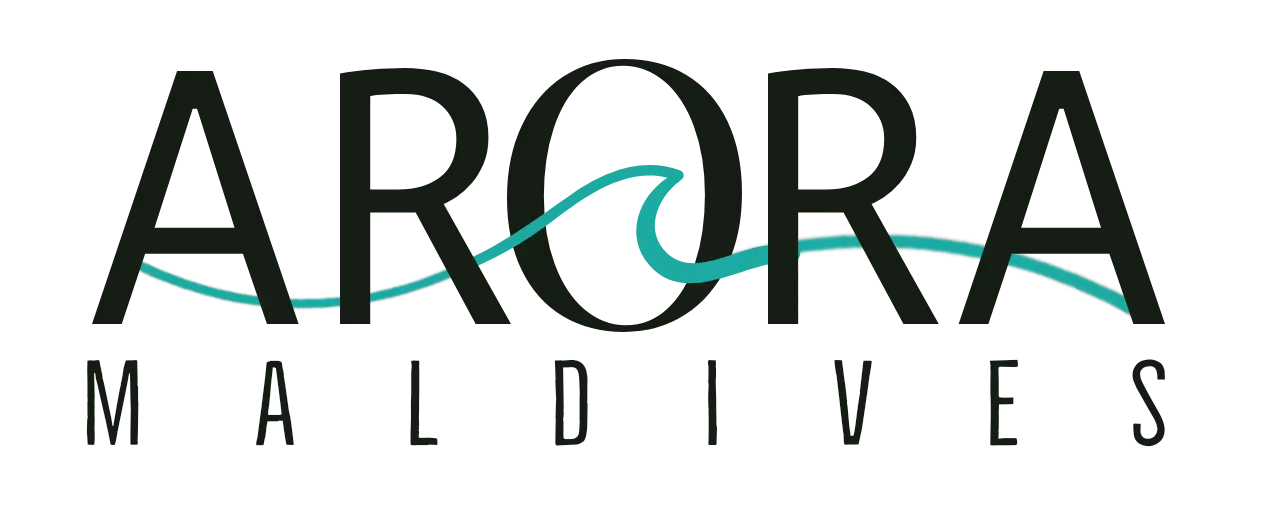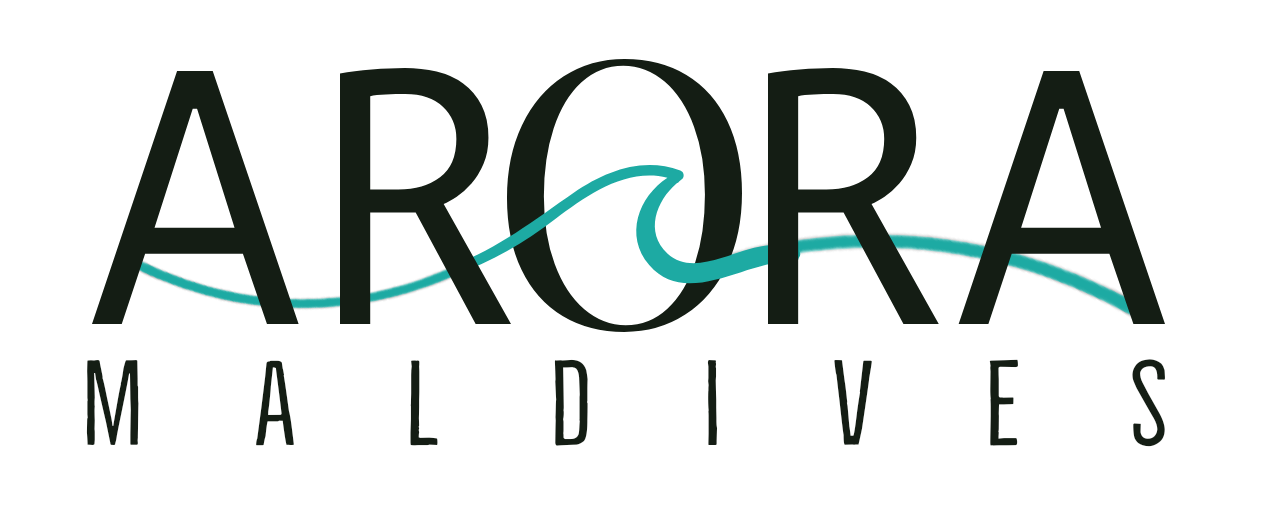All divers will be required to complete a self-declaration medical form upon arrival onboard Virgo. If you have or suspect that you have any of the medical conditions listed below, you must get signed clearance from a doctor, valid within 12 months of the date of your trip. This must be arranged prior to your arrival and bring it with you to avoid any delays, additional costs, or missing the trip.
You can find our self-declaration medical form sample at the footer of this page.
If you answer yes to any of the questions, requiring a medical from your doctor, please print the form, fill out all the information, and obtain a doctor’s signature. All diving approval documents should state in some form ‘I find no medical conditions that I consider incompatible with diving.’
Please be informed that Arora Maldives and Emperor Divers will not accept medical certificates with a limitation, e.g. to dive for a certain time, to a maximum depth or keep to a certain surface interval. The medical certificate needs to clearly state in some form that the participant is “fit for diving” without any limitations. However, Arora Maldives and Emperor Divers may accept certain limitations in diving on the medical certificate if it is issued by a certified dive physician.
It is a condition of your contract with Arora Maldives and Emperor Divers that you purchase comprehensive dive and travel insurance cover specific to your booking. Arora Maldives and Emperor Divers will not be responsible for any financial loss incurred by issues beyond our control such as, but not limited to; weather, ‘Act of God’ or changes made by the local authorities. You are responsible to check that these include:
a. Dive Injury Insurance: covering all risks, costs and expenses likely to be incurred as a result of a diving injury, including but not limited to re-compression chamber treatments, air evacuation, and loss or damage to possessions. This insurance should cover all scuba diving or water sports activities that you are likely to undertake during your trip.
b. Medical Evacuation Insurance: covering all risks, costs and expenses likely to arise from a diving or non-diving injury requiring your evacuation to a place of specialist care, including but not limited to low altitude air evacuation; specialist treatment and direct; and indirect losses.
c. Comprehensive Travel Insurance: valid at the time of booking to cover any pre-departure cancellations should you have to cancel your trip for an insured reason such as illness or serious accident, any changes or cancellation to your travel plans, loss or damage to your luggage and contents.
You must be satisfied that your insurance fully covers all your personal requirements including pre-existing medical conditions, cancellation charges, medical expenses and repatriation in the event of accident or illness, diving injuries and medical evacuation. If you choose to travel without adequate insurance cover, we will not be liable for any losses howsoever arising, in respect of which insurance cover would otherwise have been available. Should diving insurance not be obtained prior to your departure, it can be arranged on arrival with our partners DiveAssure. Contact us for information and prices.
Yes, you will need to show proof of a diving certification upon arrival onboard your liveaboard. Screenshots or pictures of the front and back of your online/physical certification cards will also be accepted if clearly readable. If you have lost your certification card, we can look up PADI and SSI certifications on the online database. For any other agencies, or to replace your lost cards, please contact your certification agency directly to request a new certification card before your arrival to the Maldives.
No problem, as long as you can show a valid certification card. We may require you to do a check dive or scuba review before your arrival or during your first dive onboard depending on your certification level, how many dives you think you have and when your last dive was.
Many certification agencies recommend a Scuba Review or refresher course if it has been longer than six months since your last dive and should be completed prior to your arrival and signed by an instructor in your diving logbook. Every diver, regardless of their qualification or experience will be scheduled to dive their first dive at a local/sheltered dive site. This dive allows you to orient yourself in your diving environment and acquaint yourself with your equipment.
Two dives are scheduled for the final day of diving – the day before departure day. The final dive is scheduled to end around 11:00am/12:00pm latest. Although we will do our best to adhere to this plan, times may vary due to unforeseen circumstances.
Most training agencies and insurance providers recommend 24 hours after diving before flying, therefore if your scheduled flight is within 24 hours of the planned time of the final dive, you will be asked to skip this dive for your safety. We recommend to also check your insurance providers exact policy.
Check in is from 13:00.
Please contact us to discuss options if your flight is either very early or later than the advised Emperor Divers transfer times.
Check out is at 07:00 and guests will be in the airport by 07:30.
For guests continuing their holiday in the Maldives at a resort, hotel or another liveaboard, your on-going transfers need to be arranged by you from the airport. We will not be able to arrange direct transfers from the liveaboard to resorts.
Emperor Divers transfers depart from the airport to the boat at 12:00 and 16:00 and are free of charge.
Guests who use the 12:00 transfer accept that the boat will not be fully cleaned or ready. A light sandwich-style snack will be provided for lunch.
If you do not wish to wait for one of the above transfers or you arrive after the last transfer, taxis are available at the airport for around $15, our Airport Representative will be happy to help you, however, please note that boarding may not be possible before 13:00.
The Maldives offers incredible diving year-round. There are two seasons: November to April; a dry northeast monsoon and May to November; a wetter southwest monsoon. Although there are two distinct seasons, the weather pattern of each can be quite varied. The southwest monsoon, although having a higher average rainfall, still brings beautiful weather – and best of all – less divers and therefore less crowded dive sites…and often closer encounters!
The Maldives really is one of the top diving destinations in the world. A country mainly comprised of open ocean, there are thousands of dive sites home to rich and diverse marine life from large pelagics including whale sharks, hammerhead sharks, tiger sharks, bull sharks and oceanic manta rays, to macro critters including ghost pipefish, nudibranch and frogfish. You can expect to see; friendly reef sharks, turtles, eagle rays, stingrays, reef manta rays, large schools of reef fish and tunas, to name just a few! On each trip, we plan itineraries to visit the most productive dive sites at the time of year that you visit, in addition to searching for whale sharks and manta rays.
The maximum depth for diving in the Maldives is 30 meters. Your maximum diving depth
will be dependent on your level of training and experience. It is your responsibility to check what depths your insurance policy covers you for before your arrival and to adhere to the maximum depths of your training level and/or Maldivian regulations.
The maximum dive time is generally 60 minutes, so that we can account for all divers. Please ensure that you listen carefully to the safety and dive site briefings for specific information.
Snorkelling can be taken from the dhoni when an Instructor/Guide is on board to observe or unless the snorkeller is accompanied in the water by a certified diver. We ask all snorkellers to wear a floatation aid at all times.
Whilst every effort will be made for non-diving guests wishing to snorkel or guests wanting to try scuba diving, some itineraries or dive locations may not be suitable for safety reasons. Both snorkellers and non-divers will be required to complete a liability form at the time of check in.

